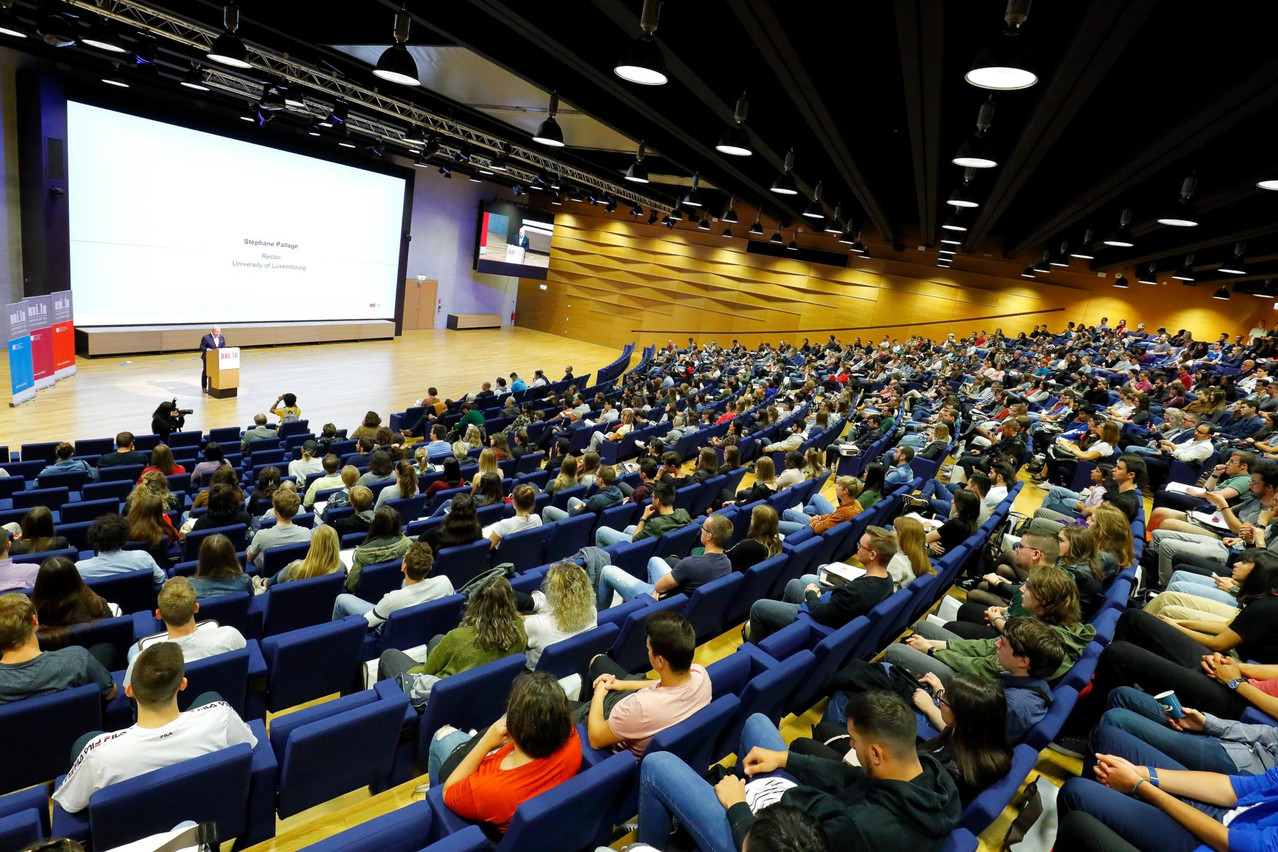A new bill, replacing the 2009 law on higher education and submitted to the Chamber of Deputies on 7 October, will introduce a clear definition of the system of higher education in Luxembourg. It will cover high school programmes that offer a Brevet de Technicien Supérieur (BTS) diploma, as well as programmes from the University of Luxembourg and accredited specialised higher education establishments.
An important new aspect is the protection of designations (such as “university” or “specialised higher education institution”) and titles (including BTS, bachelor’s, master’s, doctor/doctorate). This is meant to ensure that only institutions recognised by the ministry of higher education and research use these titles and designations, but it will also make the country’s higher education system more coherent, the ministry says.
To promote consistency, all accreditation requests will now be assessed by the same quality assurance agency--the Accreditation Organisation of the Netherlands and Flanders (NVAO).
Key figures and student life
The minister also announced the , which will take place at the university’s Belval campus on 27 and 28 October. Visitors will be able to meet with exhibitors--including university representatives and student associations--from 17 different countries, tour the campus, and participate in interactive webinars.
Concerning state financial aid for higher education, 32,689 students received aid during the winter semester, compared to 29,484 during the summer semester. €142.7m was granted during the 2021-2022 academic year, while €117m was given in the form of loans.
Residents were most likely to study at a higher education institute in Germany (4,753 students), followed by Luxembourg (4,072 students), Belgium (3,536 students) and France (2,327). The number of students in Luxembourg has steadily grown over the last few years, from 3,742 students in 2017-2018 to 4,072 students during the 2021-2022 academic year.
In addition, 336 BTS diplomas were issued during last year--more than ever before.
Updates for the university
Meisch also delivered the closing speech at the University of Luxembourg’s , which took place on 12 October. He discussed new programmes in the sector of education to attract young people who didn’t immediately decide to pursue the teaching profession after their baccalauréat. The bachelor’s in education will be reinforced by a new bachelor’s in pedagogical training in 2023, while three master’s degrees allowing additional qualifications for teachers will be offered starting in 2024.
Following the renewal of an agreement between the state and the University of Luxembourg, the 2022-2025 budget for the university is €908m euros, which is nearly a 17% increase compared to the previous period. This will encourage growth in priority domains, said Meisch, and help make Luxembourg more attractive.
In addition, for the first time, the multi-annual agreements made with the university, the Fonds Nationale de la Recherche and three other public research centres include common activities in priority domains, such as digitalisation, education, and climate and energy challenges. This will also help “increase the collective engagement of public research in order to reinforce the economic and social development of the country.”
